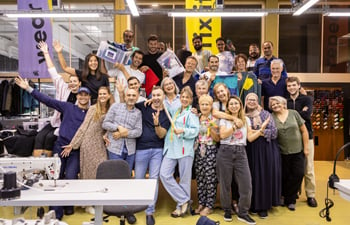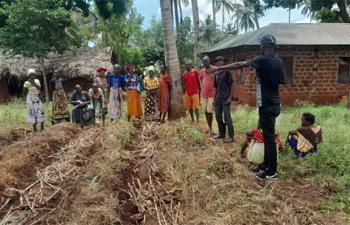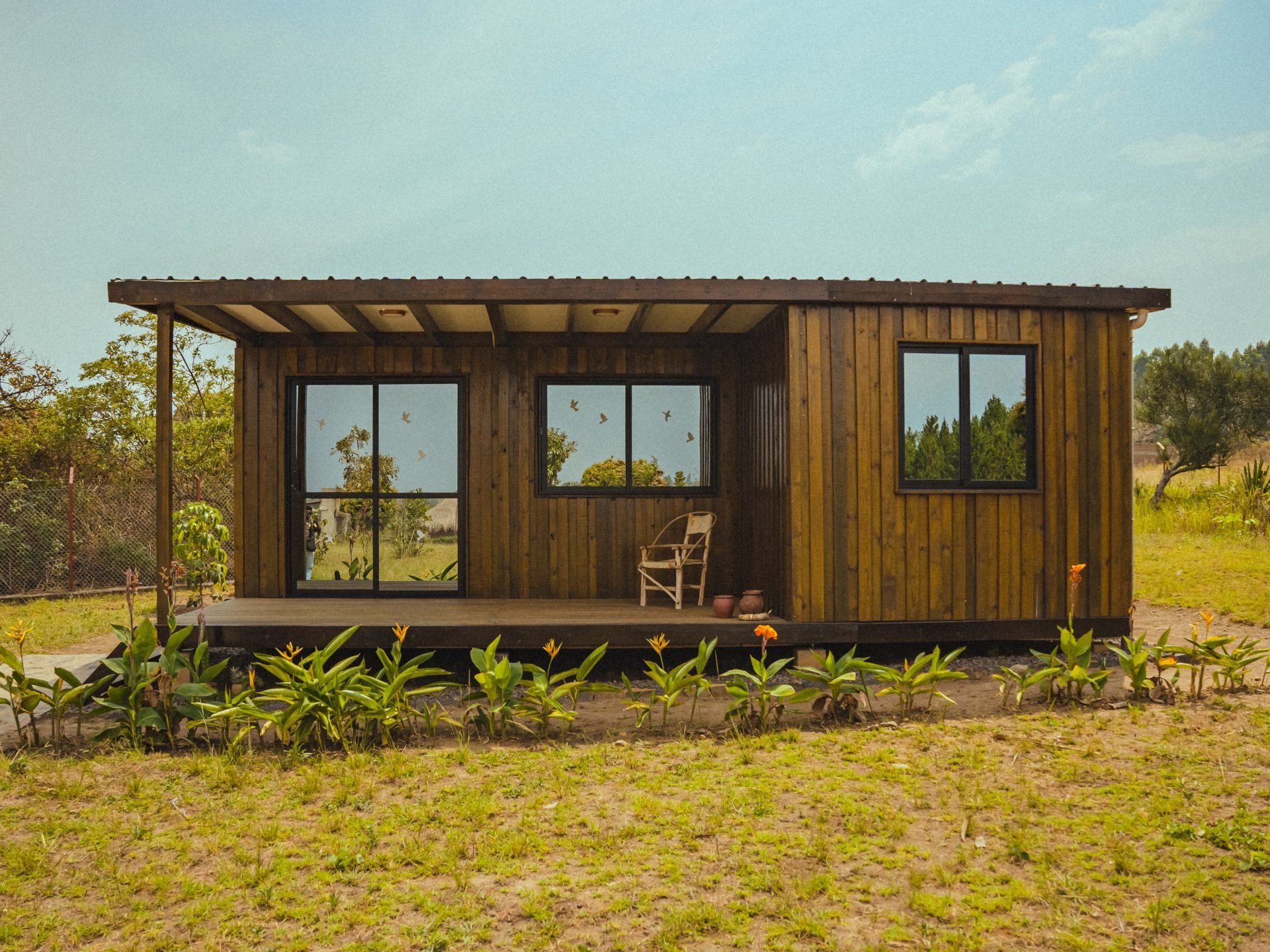The DOEN Foundation supports Regen-360 in working on a new food system through restoring the soil ecosystem in Kenya, together with local communities. The Kenyan Regen-360 helps local farmers to farm in such a way that living biology in the soil is restored. They replace fertilizers and pesticides with the right balance of bacteria, fungi, and other microbes. These bacteria and fungi improve crop growth, nutrition and taste and help the soil to recover. By supporting local communities in nurturing soil biology, Regen-360 contributes to the transition to a regenerative agricultural system.
The way we currently produce our food is no longer sustainable. It is bad for the climate, exhausts our earthand what we produce is not distributed fairly. Regenerative agriculture - a method of production that enhances rather than depletes natural resources is an important part of the food system of the future.
Healthy soil is the basis
Central to Regen-360's approach is supporting small-scale farmers and helping them restore the soil on their farmlands. A healthy soil absorbs rain better and counteracts erosion with the right biodiversity of crops. Important in the fight against climate change. Using science as a compass, and nature as a guide, Regen-360 has found a nature-based solution to chemical pesticides and fertilizers in the form of bio-compost. This alternative to chemical pesticides and fertilizers restores ecological balance and prevents soil runnoff from polluting rivers.
A plan for farmer and nature
Using bio-compost as a basis, Regen-360 designs a tailor-made plan with every farmer. They look at what has previously grown in the area, perform soil analysis and create a plan that will enable him to transition to regenerative agriculture. The goal is to improve the life in the soil to the point where few or no inputs are required while the farmer maintains it through low-cost and time-saving practices. The fruit and vegetables that the farmer grows are beyond-organic in that they are free from toxins, tastier and more nutritious.
The first hubs are built
In the coming year, Regen-360 plans to set up three hubs. Here they build large soil biology compost heaps that surrounding farms can use. DOEN's support goes to a hub for a Kenyan fruit grower. This grower works with small-scale farmers near Nairobi. The hubs will measure the actual effects of the method of composting and the effect of fungi and bacteria on plant health, water use and soil composition. The knowledge gained will be shared and help to improve the working method and increase the impact.
For more information, go to https://www.regen-360.com/


